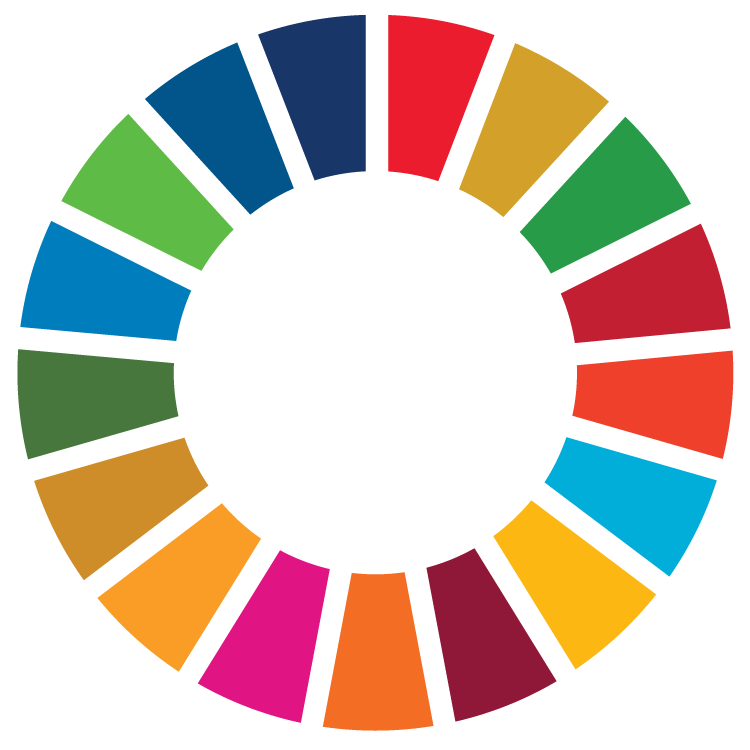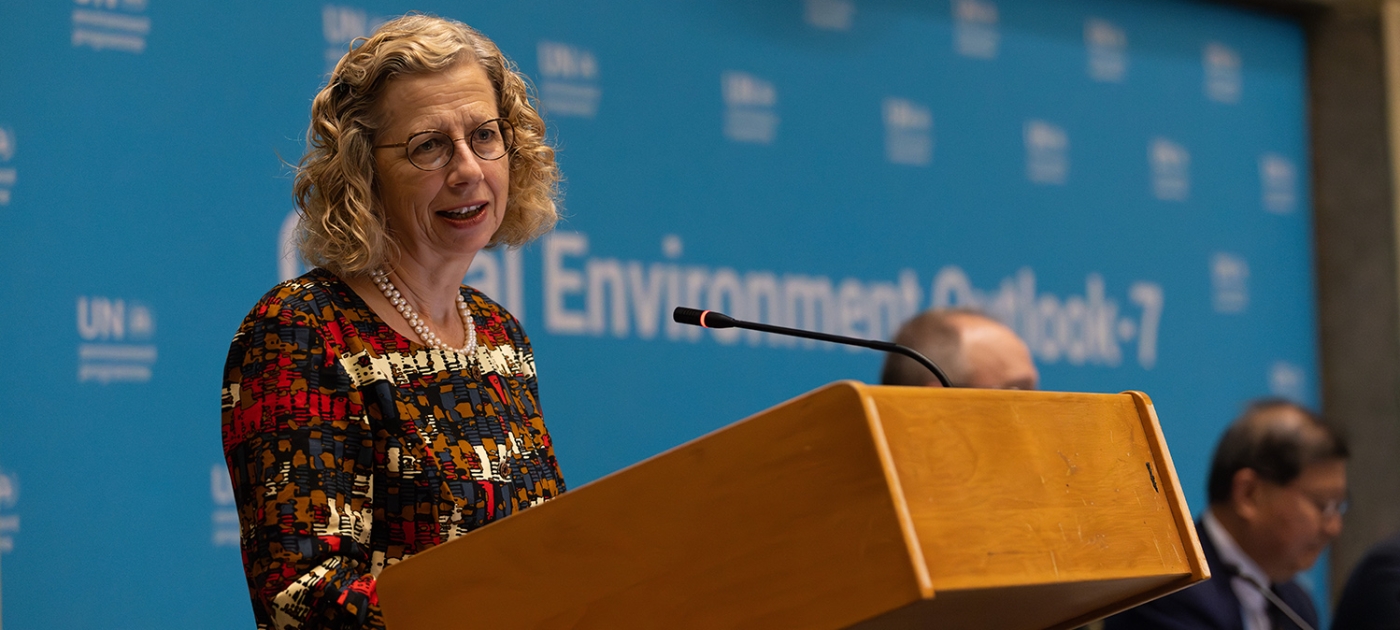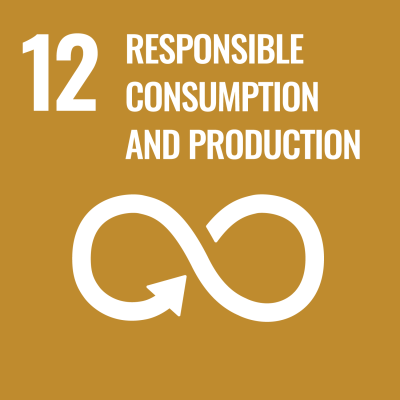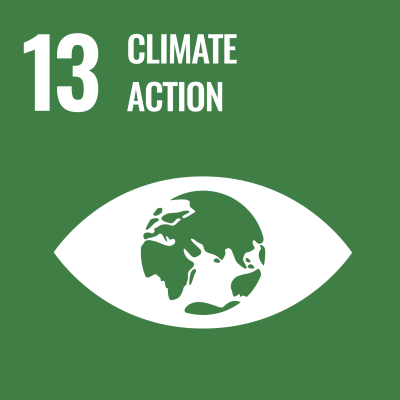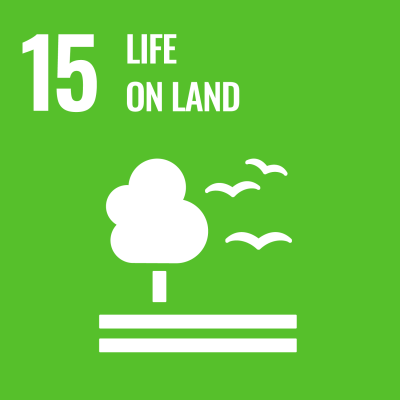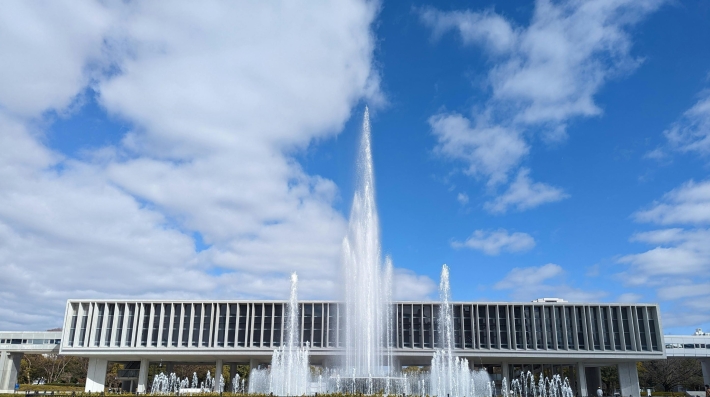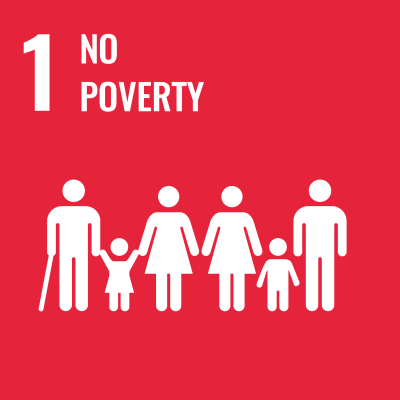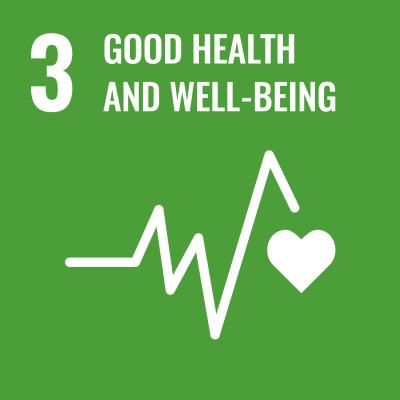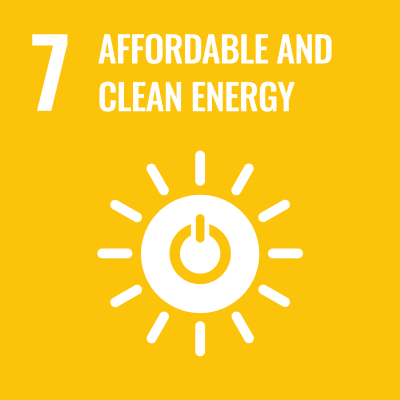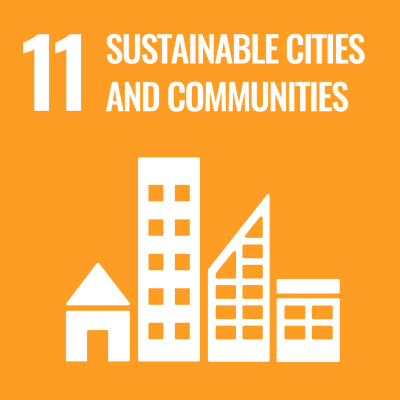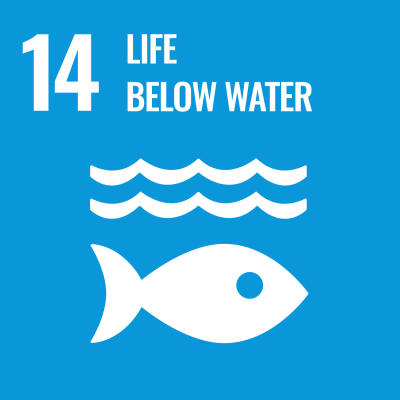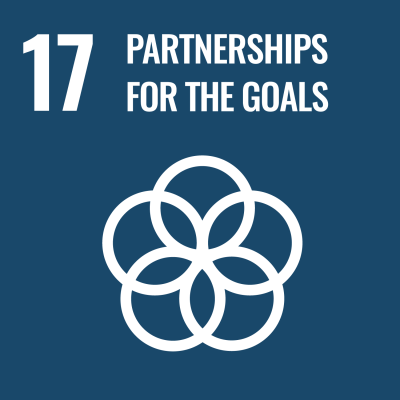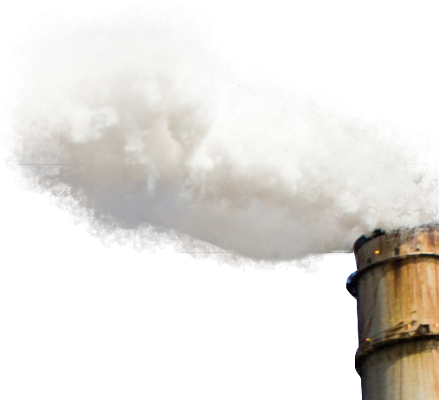Welcome to the third authors’ meeting on the GEO-7. My thanks to the Hashemite Kingdom of Jordan for co-hosting this gathering and to my colleague Mr. Nader Al-Tarawneh.
My thanks also to the over 200 experts here in Nairobi, and to the reviewers across the world. Your expertise and hard work form the backbone of GEO-7. My thanks also go to the GEO-7 co-chairs and all members of the Inter-governmental and Multi-stakeholder Advisory Group and Multi-disciplinary Expert Science Advisory Group.
All of you are crucial to the development of an impactful GEO-7. And we do need an impactful, solutions-focused report, as we are facing unprecedented environmental challenges that threaten the foundations of life.
In March this year, the WMO World Climate Report confirmed 2023 as the hottest year ever, at 1.45°C above the pre-industrial average. This year looks set to be even hotter. We have seen unprecedented floods in Kenya and Brazil, and brutal heatwaves in India. As ever, it is the poor and vulnerable who suffer first and suffer the worst. But the truth is we are all under threat.
Of course, rising temperatures aren’t the only concern. We are seeing worrying signs of acceleration across the full triple planetary crisis: the crisis of climate change, the crisis of nature and biodiversity loss, which includes desertification, and the crisis of pollution and waste.
But the GEO-7 will not be another doom-laden tome laying out the problems. It will be a guide for policymakers, key stakeholders and implementers on how to transform social and economic systems to achieve environmental sustainability in an equitable way.
The report’s insights and recommendations – if we do it right – will be essential to increase action as we aim to hit 2030 targets, which you all know we are not on track to achieve, on everything from climate change to biodiversity conservation to the sound management of chemicals – all in support of the sustainable development goals.
That is where the strength of GEO-7 lies, if we get it right. Another strength as I look across this room is the diversity of the experts involved in the process. We have scientists, economists, modellers, Indigenous Knowledge, behavioural scientists, social scientists, policy researchers and many others I haven’t mentioned – all bright minds, all leaning in. You represent a wide range of disciplines as well as gender and geographic perspectives.
This interdisciplinary approach is crucial to producing a scientifically credible, policy relevant and politically legitimate assessment with a truly global perspective. An assessment that is based on a holistic understanding of the issues at hand. And an assessment that delivers solutions across the whole triple planetary crisis. And if we get it right, this assessment can deliver those solutions in an innovative, equitable and inclusive way, while being socially and politically acceptable.
Friends,
You are moving closer to the finishing line. You have produced peer-reviewed first order drafts and moved on with the second drafts. Held Indigenous Knowledge and Local Knowledge dialogues. Begun work on the Summary for Policymakers.
When finalizing the second order draft of the report, I urge you to bring your best science, your cutting-edge knowledge, your critical thinking and your passion.
Governments will soon be reviewing this report, and the solutions you are putting forward. It is therefore important to deliver the latest and most-credible science to help close the gap between science and policy. And there is a gap, which history bears out.
We knew as early as the 1920s that adding lead to materials was toxic, but it was only in 2021 that we phased out lead from petrol. That was 100 years. We knew early on that DDT was a catastrophe. When the alarm was sounded by scientists in the 1960s, some countries phased it out, but some are still producing. We know that mercury is not a healthy thing for people to be exposed to, and yet it is still in use in dental amalgam, in batteries and in lightbulbs across the world.
So, understanding the facts does not necessarily deliver the policies. You have it in your hands to try to discuss and review what you can do to speed up science to policy delivery, because that will be critical to addressing the many challenges facing our planet.
Science that is presented in an impactful and effective way, that communicates well by delivering both nuggets and a broader story, has time and again proven to be a game changer. A solutions-focused GEO-7 is, I believe, your pathway to providing the science and be part of the transformative change that the world so desperately needs.
